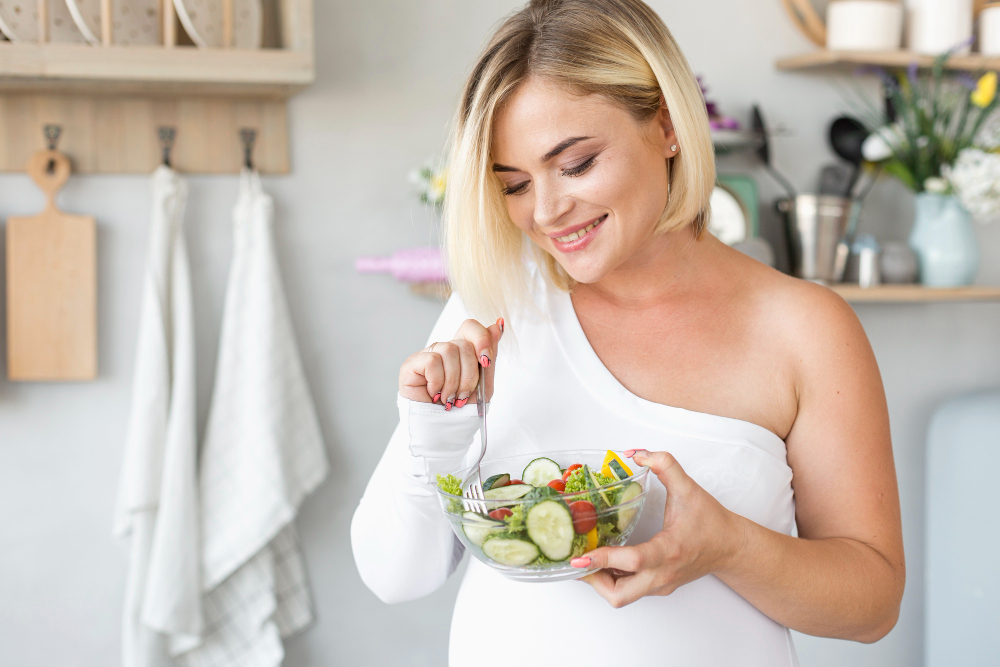By increasing the intake of fruits and vegetables and drinking tea and red wine, overweight men and women of normal weight could somewhat protect themselves from colon or rectal cancer (commonly known as colorectal cancer), according to experts from Maastricht University in the Netherlands.
Plant foods contain flavonoids, compounds that are thought to interfere with cancer-causing processes, Dutch experts point out.
The Maastricht team assessed the intake of specific flavonoids among 120,852 men and women aged 55 to 69 who participated in a major study to assess the link between diet and cancer.
Over the course of thirteen years, among these subjects, 1,444 men and 1,041 women were diagnosed with colon or rectal cancer.
The intake of specific flavonoids did not appear to significantly affect the risk of developing these types of cancer when the researchers considered the influence of the following potential risk factors: age, family history of diseases, smoking, alcohol consumption, physical activity, general dietary habits and, for female subjects only, taking supplemental estrogen.
However, when the subject’s weight was taken into consideration, it turned out that a higher intake of flavonoids could have a certain protective effect against colon or rectal cancer in a subgroup of overweight men and women of normal weight.
Those subjects who belonged to these subgroups and consumed more flavonoids catechins and flavonols were at a slightly lower risk of colon and rectal cancer than the study participants who consumed the least flavonoids.
Numerous studies confirm that flavonoids are an excellent natural source of anti-inflammatory and antioxidant substances.

These substances are pigments that determine the color of flowers, fruits and sometimes leaves of plants.
Berries, grapes, dark chocolate, tea, red wine and some legumes are rich in catechins, while flavonols are abundant in onions, kale, apples, pears, tea, wine and fruit juices.
Lettuce, onion, basil, anise (seed), cranberry, cabbage and spinach are just some types of plants that can provide large enough amounts of flavonoids from fresh foods out of season, those types of fruits and vegetables that are richer in these useful substances.
The team from Maastricht advocates for further research that would shed light on how the mentioned compounds reduce the risk of the mentioned types of cancer and how body weight changes this effect.
Source: www.sitoireseto.com


